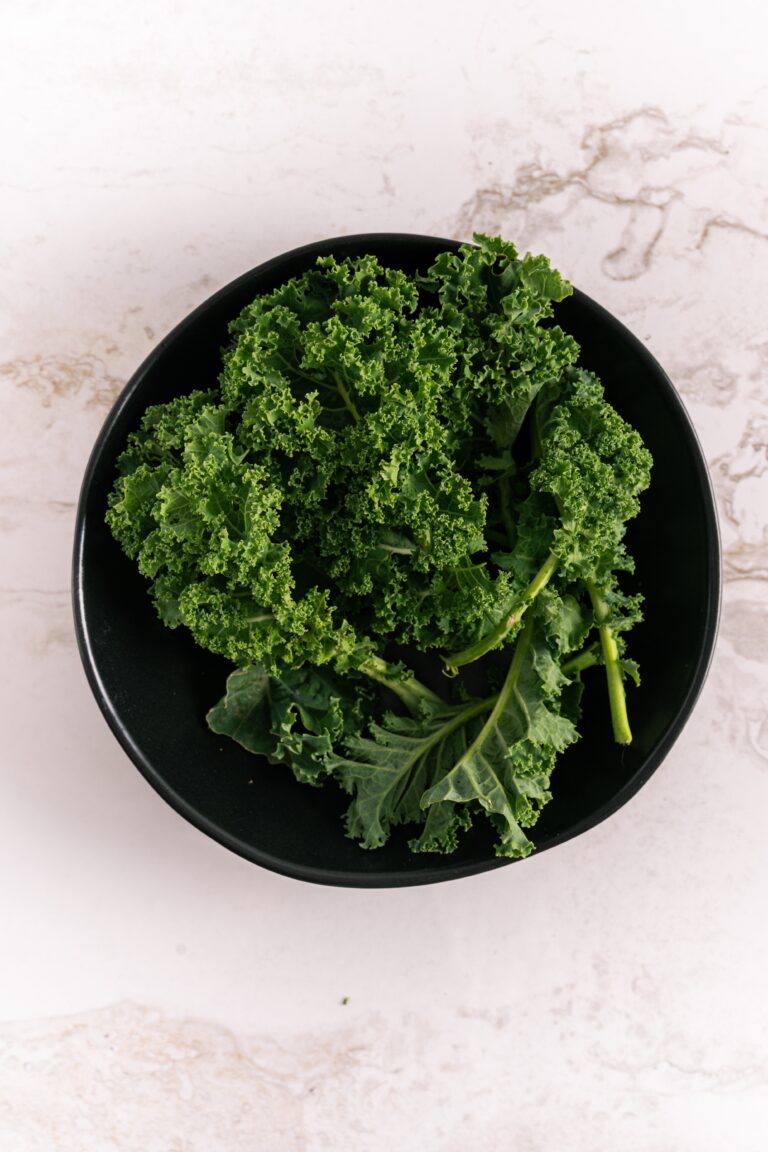
Table of contents
Coconut palm sugar and palm sugar are two different types of natural sweeteners that have gained popularity in recent years. Mostly as healthier alternatives to table sugar. While both are derived from the sap of the coconut palm tree, they have some distinct differences in terms of flavor, glycemic index, and health benefits.
Is brown sugar gluten-free? find out here
How They’re Made: Coconut Sugar vs Coconut Palm Sugar
Coconut Sugar
Coconut palm sugar, also known as organic coconut sugar, is made by boiling the sap of the coconut palm tree until it thickens and crystalizes. It has a rich, caramel-like flavor that is often compared to brown sugar. This makes it a popular choice in recipes for baked goods, sauces, and marinades. Coconut palm sugar is also lower on the glycemic index compared to regular table sugar. This means it has a slower impact on blood sugar levels. It makes a preferred choice for people with diabetes or those looking to manage their blood sugar levels.
What about palm sugar
On the other hand, palm sugar is a sweetener that comes from various species of palm trees. It is also made by boiling the sap of the tree until it thickens and forms crystals, similar to coconut palm sugar. However, the flavor of palm sugar is slightly different. It has a more subtle sweetness and a hint of butterscotch. Palm sugar is also lower on the glycemic index compared to table sugar, but not as low as coconut palm sugar.

What’s The Difference Between Coconut Sugar and Coconut Palm Sugar?
One of the main differences between these two sugars is the type of palm tree they are derived from. Coconut palm sugar comes specifically from the coconut palm tree. While palm sugar can come from a variety of palm trees, including the sugar palm tree, date palm tree, and palmyra palm tree. While both types of sugar are considered natural, organic coconut sugar is often preferred over palm sugar because of the specific health benefits it offers.
Is Coconut Sugar Healthy?
Coconut palm sugar is a rich source of minerals like potassium, magnesium, zinc, and iron. These are essential for maintaining a healthy heart and overall health. It also contains antioxidants, which can help prevent oxidative stress and inflammation in the body. Palm sugar, on the other hand, is not as rich in minerals and antioxidants as coconut palm sugar.
In terms of taste, both coconut palm sugar and palm sugar can be used interchangeably in recipes. But keep in mind they do have slightly different flavour profiles. Coconut palm sugar has a more distinct caramel flavour. While palm sugar has a more subtle sweetness with hints of butterscotch.
Is Coconut Sugar Paleo?
Coconut sugar is often considered to be a paleo-friendly sweetener because it is derived from the sap of the coconut palm tree and is a natural, unrefined sweetener. It is also considered to have a lower glycemic index than traditional table sugar, meaning it may cause less of a spike in blood sugar levels after consumption.
However, some experts caution that coconut sugar should still be consumed in moderation on a paleo diet. It still contains fructose and may contribute to elevated levels of blood sugar if consumed in excess. Additionally, while coconut sugar is often marketed as a “healthier” alternative to traditional sugar, it is important to note that it still contains calories and should be used sparingly as part of a balanced paleo diet.
Is maple syrup gluten-free? all you need to know is right here

Reasons to Choose Coconut Sugar
Coconut sugar is a popular alternative to traditional table sugar for a variety of reasons, including:
- Natural and unrefined: Coconut sugar is made from the sap of coconut palm trees and is not heavily processed. Which means it is a more natural and unrefined sweetener than traditional sugar.
- Lower glycemic index: Coconut sugar has a lower glycemic index than traditional sugar, which means it may cause less of a spike in blood sugar levels after consumption.
- Rich in nutrients: Coconut sugar contains small amounts of nutrients such as iron, zinc, calcium, and potassium, which are often lacking in refined sugars.
- Versatile: Coconut sugar can be used in a variety of recipes as a substitute for traditional sugar. Making it a versatile option for those looking to reduce their sugar intake.
- Sustainable: Coconut sugar is often sourced from small, sustainable farms. It makes it a more ethical and environmentally friendly choice than sugar derived from large-scale commercial farming operations.
- Great taste: Coconut sugar has a rich, caramel-like flavor that can add depth and complexity to a variety of sweet and savory dishes.

In conclusion
While both coconut palm sugar and palm sugar are natural alternatives to table sugar, they do have some differences in terms of flavor, glycemic index, and health benefits. Coconut palm sugar is preferred by many because of its lower glycemic index and rich mineral content. While palm sugar is a good alternative for those who prefer a more subtle sweetness. It’s important to remember that all types of sugar should be consumed in moderation as part of a balanced and healthy diet.

Christopher is a food and lifestyle expert, recipe developer and the content creator behind May Eighty Five. With years of experience in the kitchen, he also shares tips, tricks and how to’s that he has learnt over the years. Every week, he shares quick, simple and mostly healthy recipes along with some home and entertaining tips. You will find flavorful cocktails, delicious appetizers, tasty mains and some indulgent desserts. As a home decor enthusiast, he also likes to share simple DIY projects and simple tips for a beautiful home.








2 Comments